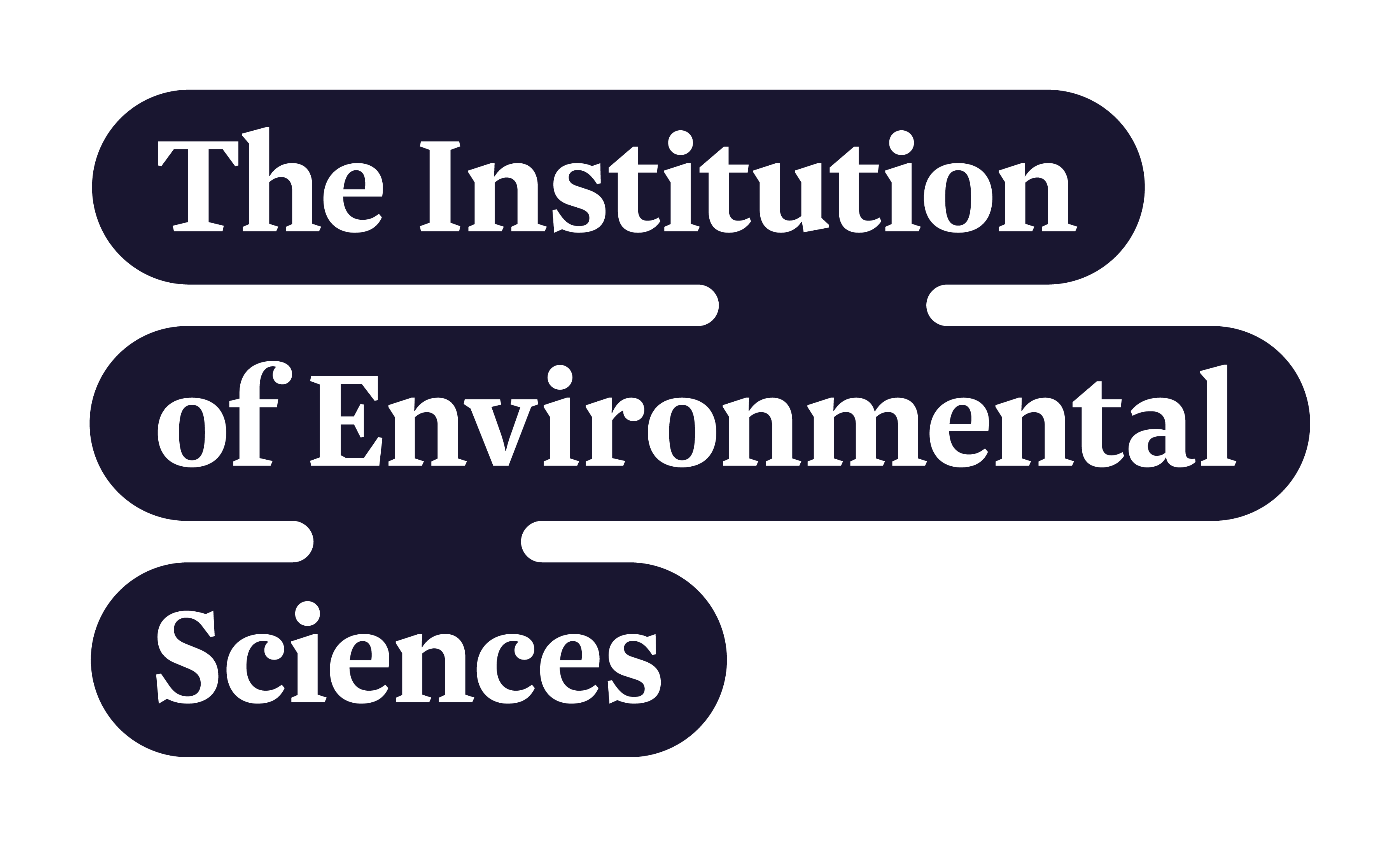COP30: Climate change

COP30 was the 30th Conference of the Parties of the UN Framework Convention on Climate Change (UNFCCC), which was held in Belém, Brazil in November 2025.
The summit should have been a crucial platform for negotiations between governments, international organisations, and nongovernmental organisations, to increase global action on climate change.
Ultimately, the final agreement at COP30 has been widely seen as failing to make sufficient progress towards that objective, with no mention of phasing out fossil fuels and limited new commitments to collective action.
Ahead of the summit, COP30 was seen as especially important, even compared to previous COPs. The increasing urgency of action has compounded the need for effective negotiations and COP30 also fell at a key stage in the process set out under the Paris Agreement.
Countries were due to set out new or updated Nationally-Determined Contributions (NDCs), effectively ‘ratcheting-up’ their commitments on climate change. However, this did not happen at the scale needed to significantly improve global progress.
In the context of shifting politics, COP30 also had the opportunity to keep the world agreed on tackling climate change, avoiding regression on existing commitments. That goal was somewhat met, as although the outcome of negotiations did not sufficiently increase global aspirations, it also did not lead to meaningful regression.
The key priorities set out by the COP30 presidency included: protecting multilateralism and the role of science; linking negotiations to tangible change for communities; and accelerating implementation through structural mechanisms and delivery levers, particularly finance.
Read on for more information on what happened at COP30, the implications of the summit for environmental science, and how COP30 fits into the wider context of climate action on an international and national level.
Learn more about our key messages for COP30 in our position piece: ‘Delivering change in a complex world’.
Header image credit: © Curioso.Photography | Adobe Stock


